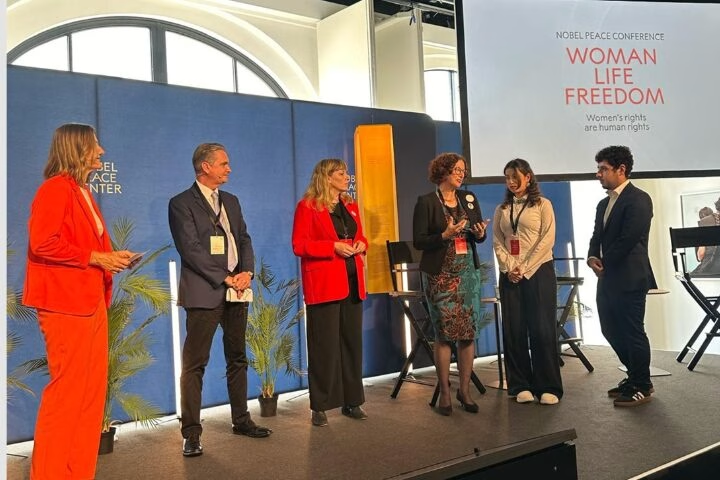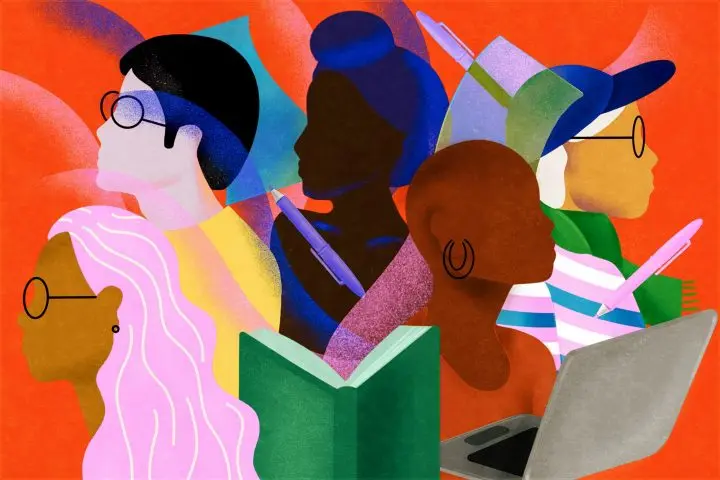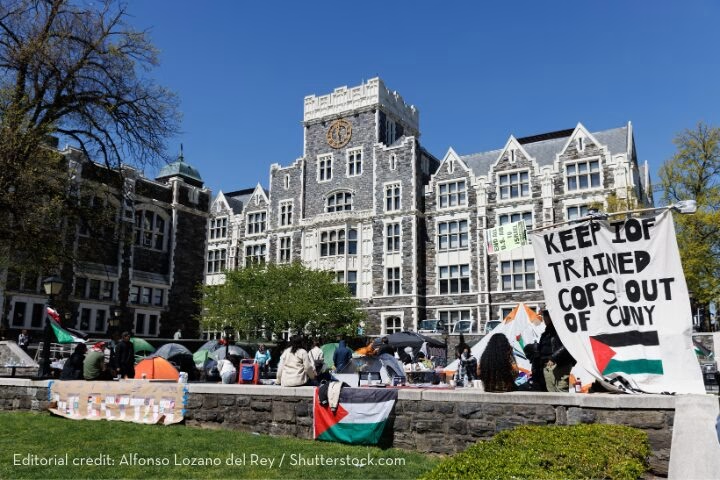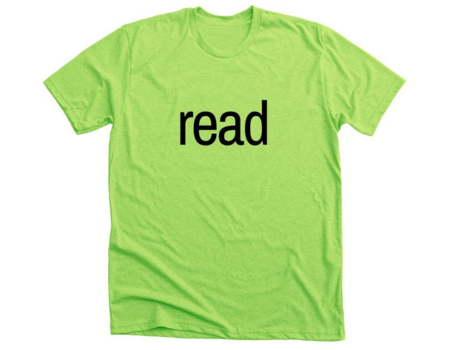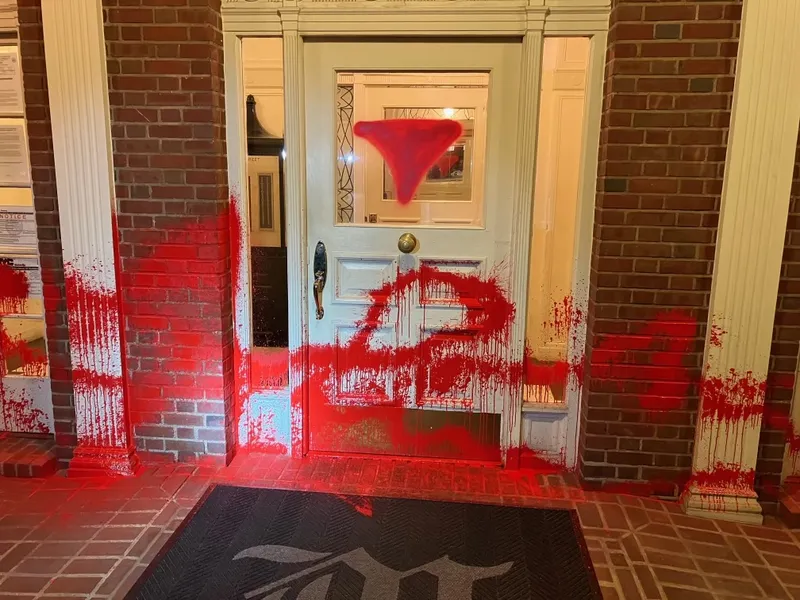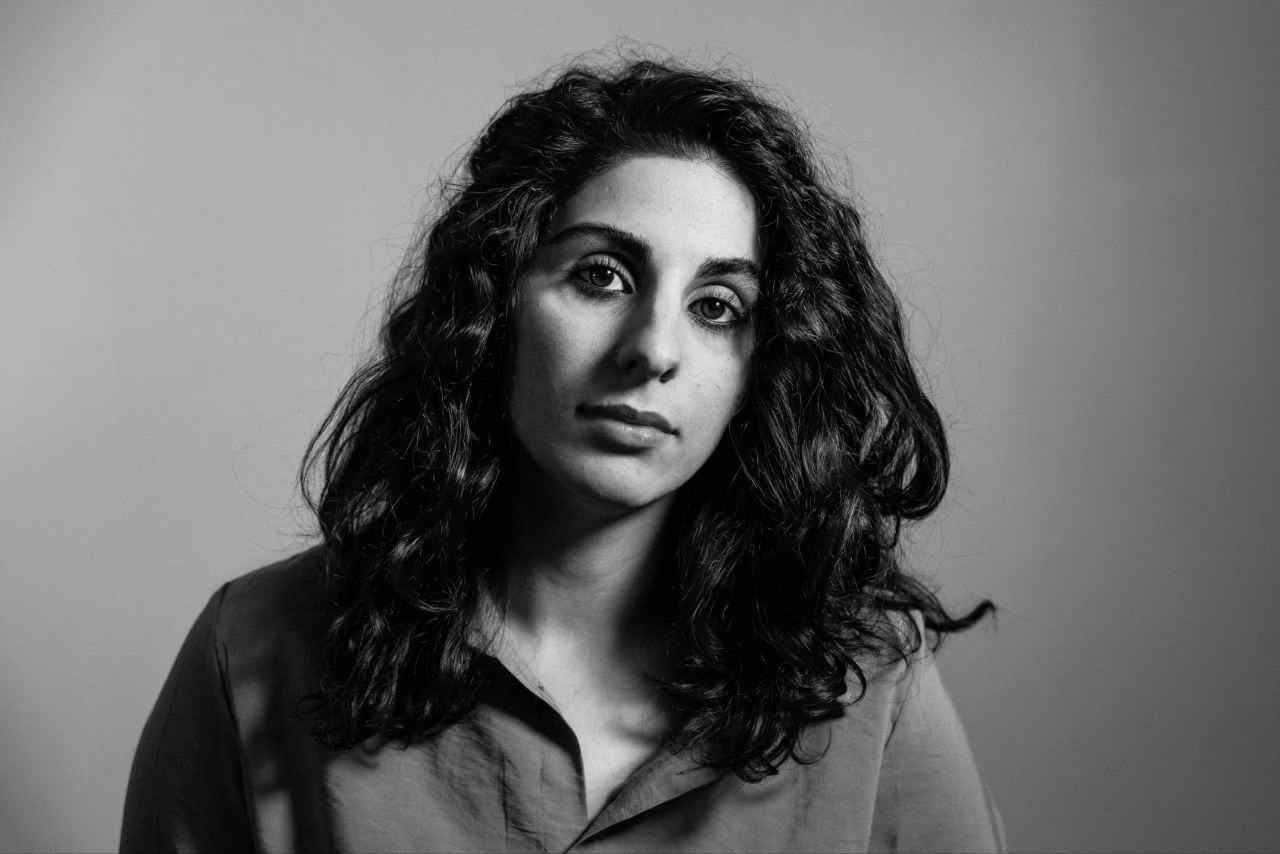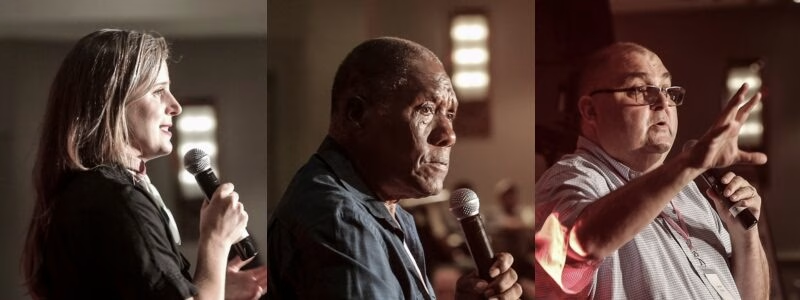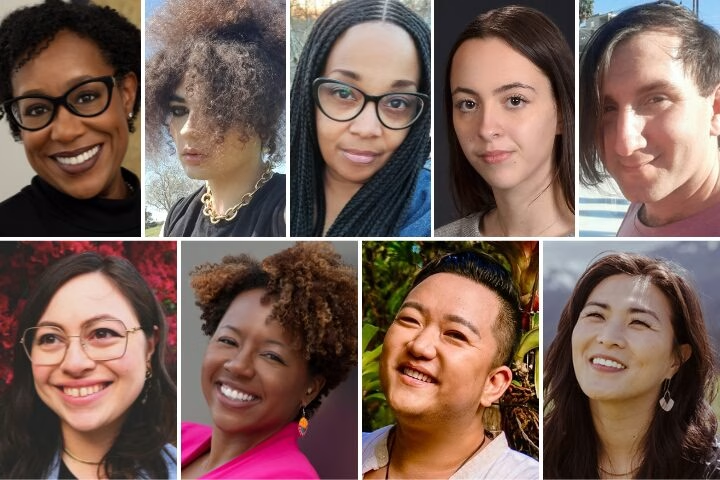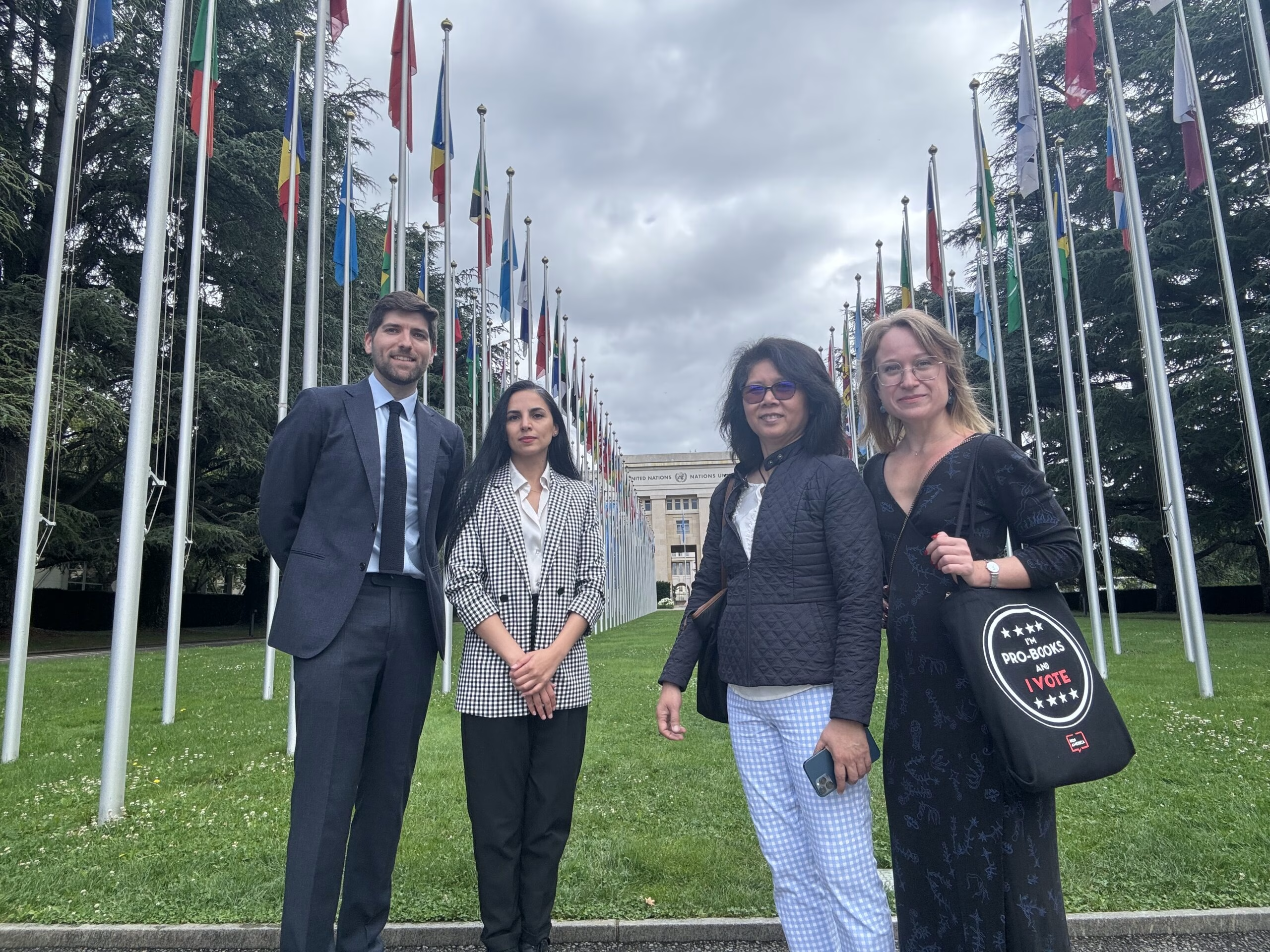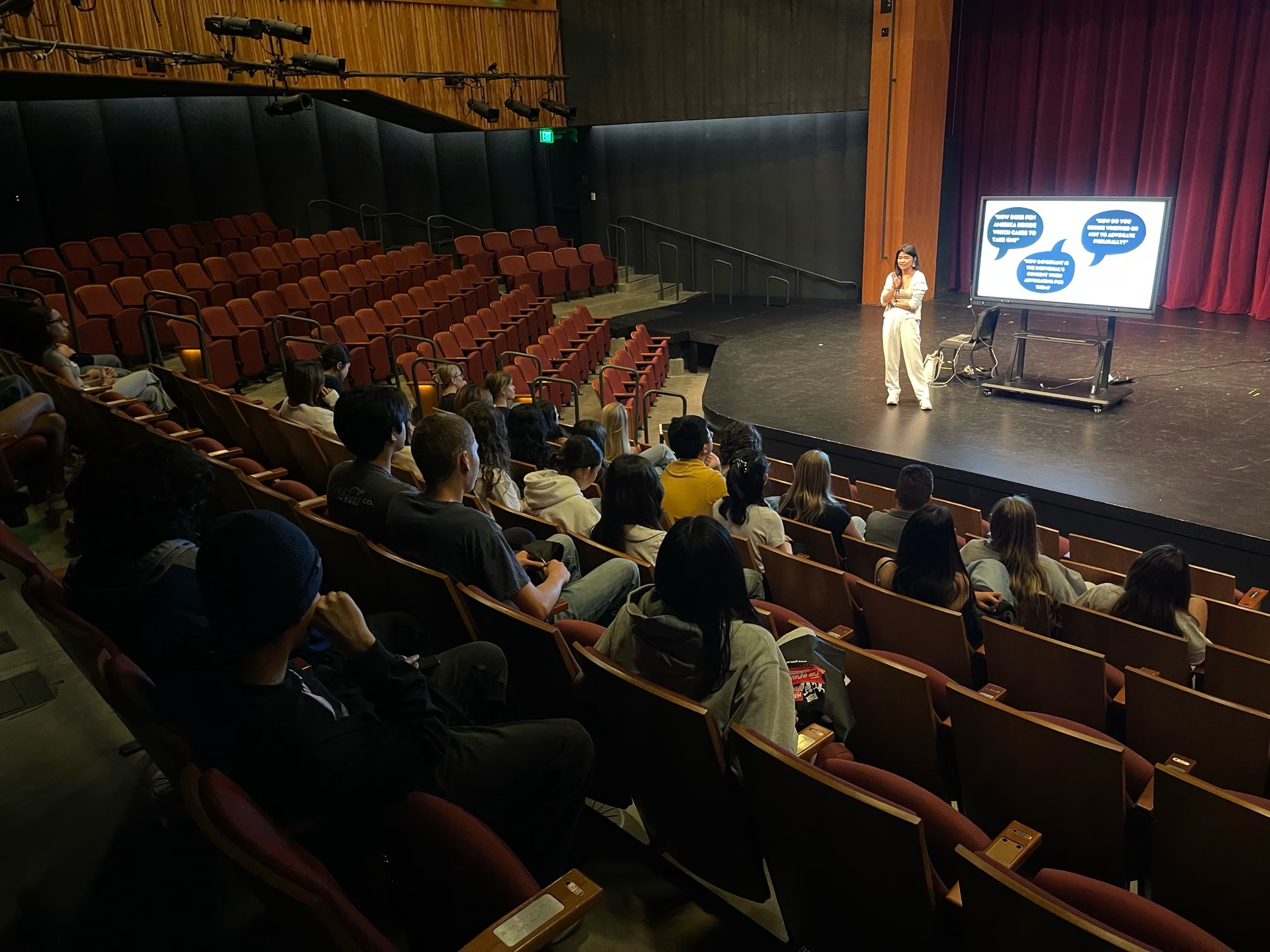PEN America works tirelessly to defend free expression, support persecuted writers, and promote literary culture. Here are some of the latest ways PEN America is speaking out.
- PEN America put out a memo on school bans with findings from the past academic year. The report recorded a dramatic rise in book bans with over 10,000 instances–more than double the last school year. About 8000 of the bans were from Florida and Iowa, and targeted stories featuring characters of color and/or LGBTQ+ people, continuing trends from previous years.
- A resolution was introduced in Congress to mark Banned Books Week. “We thank Representative Raskin and Senator Schatz and all the cosponsors for their continued commitment to academic freedom and the First Amendment,” said PEN America’s Congressional Affairs Lead, Laura Schroeder. The resolution calls on local governments and school districts to protect the rights of students to learn and the ability of teachers and librarians to teach “by providing students with a wide array of books reflecting the full breadth and diversity of viewpoints and perspectives.”
- A decade since the imprisonment of Uyghur writer Illham Tohti by the Chinese government, efforts to secure his freedom are still on. His eldest daughter Jewher Ilham told PEN America, “The Chinese government did not tolerate different opinions 10 years ago, and it is apparent that they still do not. Just like my father never stopped advocating for the voiceless, I will not stop—no matter what.”
- In a new Facts Forward interview, Andrew DeVigal, the director of the Agora Journalism Center at the University of Oregon, sat down with PEN America’s journalism and disinformation program consultant, Mina Haq. With case studies and examples, he explains how training local journalists can strengthen newsroom infrastructures in the face of disinformation. “Community-centered journalism practices have proven effective in countering disinformation in local communities,” DeVigal said. “This approach involves journalists actively listening to their communities, understanding their concerns, and involving them in news production.
- In the latest PEN Ten Interview, Saad Mohseni discusses his recent autobiography Radio Free Afghanistan. Mohseni, the CEO of MOBY Media Group captures his tale of hope and resilience, leaving behind a banking career to start a local radio station with his siblings that would boom into a television empire, becoming a beacon for millions of Afghans. He talks to Valentine Sargent, the Communications and Editorial Assistant for the Artists at Risk Connection (ARC).
- PEN America criticized the cancellation of a panel at the Albany Book Festival on September 23 over panelists objecting to participate on a panel with a “Zionist” moderator. In a statement, PEN America said, “It is deeply distressing that any writer would be denied the opportunity to speak and engage in conversation about their craft because of their identity. At its best, literature can be a bridge across difference, and a vital alternative to exclusion and censorship.”
- On the Israeli government’s raids on Al Jazeera’s Ramallah offices, PEN America said, “The raid on Al Jazeera’s Ramallah offices and order for it to shut down operations for 45 days are blatant violations of press freedom, and they are particularly egregious in the face of increasing violence in the West Bank that journalists must be free to cover.”
- PEN America issued a statement calling for the protection of Palestinian reporters denouncing threats and intimidation by Hamas, including the storming of the home of journalist Ihad Fasfous by armed gunman. ‘The Israeli government and Hamas must both comply with their obligations to protect journalists and safeguard their ability to report on the war,” the statement read.
- Vietnamese activist, online commentator, and poet Tran Huynh Duy Thuc was released along with climate activist Hoang Thi Minh Hong, and lawyer Hoang Ngoc Giao on Monday. “While the release of Tran Huynh Duy Thuc is wonderful, serving over 15 years in prison for his writing is unconscionable,” said PEN America Research and Advocacy Manager Anh-Thu Vo. “PEN America reiterates its call to the Vietnamese government to release all writers, journalists, and activists imprisoned for their expression.”
- In a recent article for the 2024 elections issue of the IRE Journal by the Investigative Reporters and Editors, PEN America’s journalism and disinformation program consultant, Mina Haq wrote about the threats from generative-AI and how to mitigate them. “Generative AI is only going to become more savvy, easy to use and affordable. It will allow disinformers to “flood the zone” with false information that looks more and more real,” she wrote. “Tech won’t save us from tech – it’s on human beings to do that.”

